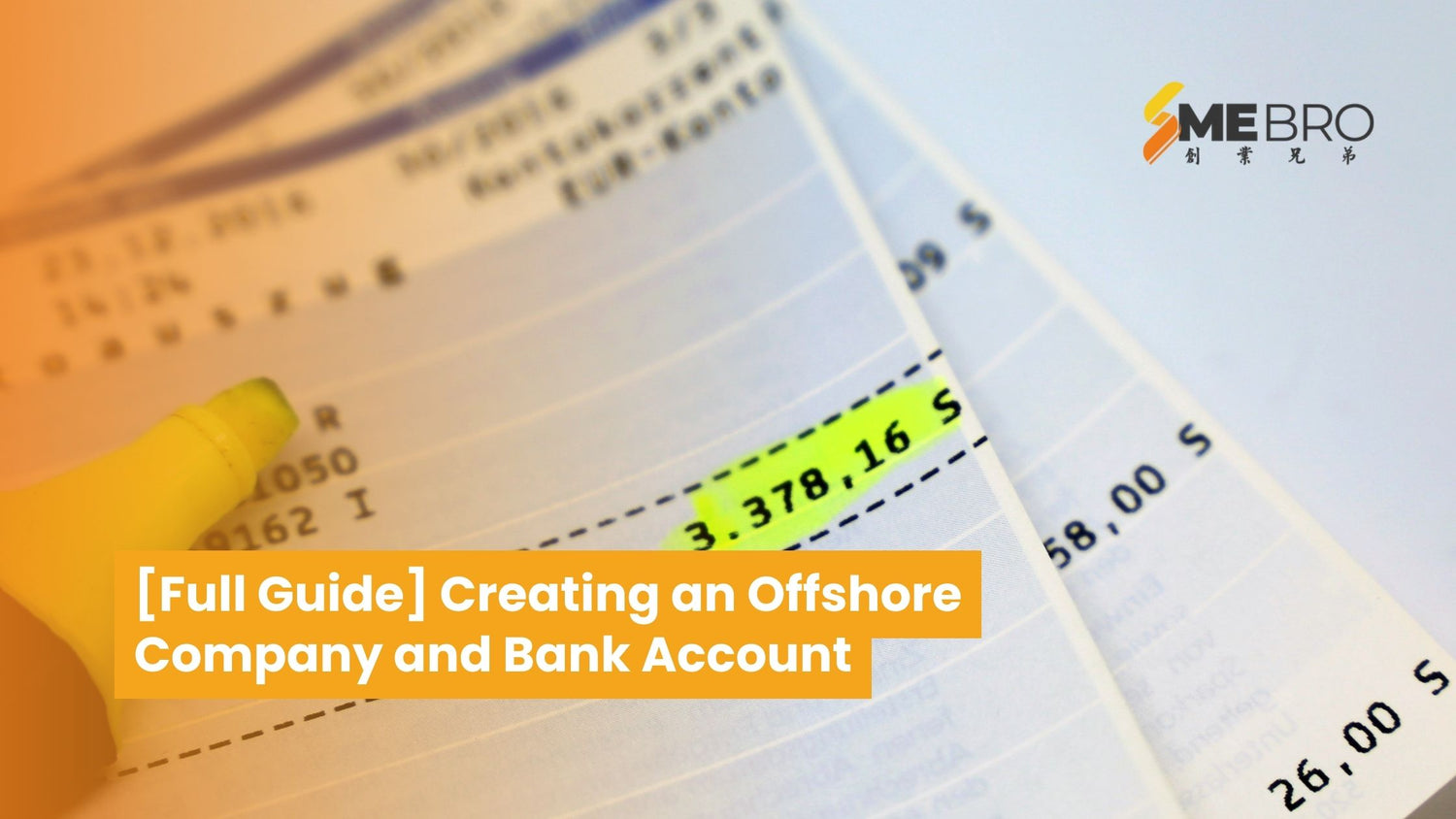Establishing an offshore company and bank account can offer numerous benefits, from asset protection to tax optimization and increased privacy.
However, navigating the complexities of offshore structures requires careful planning and a thorough understanding of the legal and financial landscape.
This comprehensive guide will walk you through the process, shedding light on the key considerations and steps involved.
Unveiling the Concept of Offshore Enterprises
An offshore company is a corporate entity legally registered and incorporated outside the jurisdiction where its primary business activities occur.
This strategic maneuver allows businesses to capitalize on various advantages, including favorable tax structures, enhanced privacy measures, and access to international markets.
Contrary to the prevalent misconceptions, offshore company formation is a legitimate practice embraced by numerous multinational corporations and entrepreneurs worldwide.
By establishing an offshore presence, businesses can optimize their financial operations, diversify their assets, and position themselves for long-term success in the global arena.
Distinguishing Offshore Jurisdictions
At the core of offshore company formation lies the selection of an appropriate jurisdiction. These locations, often referred to as offshore financial centers or tax havens, offer a unique blend of benefits tailored to the specific needs of businesses. Some of the most prominent offshore jurisdictions include:
- Singapore: Renowned as a major financial hub in Southeast Asia, Singapore boasts a sophisticated legal system, a pro-business environment, and a low tax regime.
- Hong Kong: As a special administrative region of China, Hong Kong is a global financial center with a free-market economy and attractive tax incentives.
Benefits and Challenges Doing Business in Hong Kong
- British Virgin Islands (BVI): Nestled in the Caribbean, this British overseas territory has long been a favored destination for establishing offshore companies. Its allure lies in its adaptable corporate laws, attractive tax advantages, and a business-friendly environment that streamlines operations for companies seeking a global presence.
- Cayman Islands: Another Caribbean destination, the Cayman Islands offers a stable political environment, strong financial infrastructure, and low taxes.
- Mauritius: An island nation in the Indian Ocean, Mauritius attracts offshore companies with its favorable tax treaties, double taxation agreements, and business-friendly policies.
When selecting an offshore jurisdiction, it is crucial to consider factors such as taxation policies, regulatory frameworks, political stability, banking secrecy laws, and the jurisdiction's overall reputation.
Navigating the Offshore Company Formation Process
Once you have identified the most suitable offshore jurisdiction, the next step is to embark on the company formation process. This journey involves several stages, each requiring meticulous attention to detail and adherence to the prescribed regulations.
1. Preparatory Phase
Before initiating the registration process, it is vital to gather all necessary documentation and ensure eligibility. This phase typically involves:
- Documentation Requirements: Collate identification documents, proof of address, business plans, and any jurisdiction-specific documents mandated for offshore company registration.
- Eligibility Criteria: Verify that your business meets the eligibility criteria set forth by the chosen jurisdiction, such as requirements regarding business activities, ownership structure, or financial criteria.
2. Selecting the Appropriate Business Structure
Offshore companies can be structured in various forms, each offering distinct advantages and limitations. Two of the most common structures are:
- Limited Liability Company (LLC): LLCs provide a flexible and straightforward structure, offering limited liability protection to owners while shielding personal assets from business liabilities. This structure is well-suited for small to medium-sized enterprises.
- International Business Company (IBC): IBCs are popular among businesses engaged in international trade and investment. They often come with favorable tax benefits and allow for a simplified corporate structure, making them an attractive option for global operations.
3. Engaging Professional Assistance
Given the complexities involved in offshore company formation, seeking professional guidance from legal experts, accountants, and tax specialists is highly recommended.

These professionals possess in-depth knowledge of offshore regulations and can navigate the intricate processes, ensuring compliance and mitigating potential pitfalls.
4. Completing Registration Formalities
With the groundwork laid, the next step involves completing the necessary registration forms and submitting the required documentation. This process may involve:
- Form Completion: Accurately filling out registration forms, ensuring that all provided information matches the supporting documents.
- Document Submission: Following the prescribed process for submitting registration documents, which may involve online submissions, in-person visits, or working through a registered agent.
- Additional Information: Being prepared to provide supplementary information if requested by the relevant authorities.
5. Establishing an Offshore Bank Account
Once the offshore company is successfully registered, the next crucial step is to open a corporate bank account.
Offshore bank accounts offer financial flexibility, facilitate international transactions, and provide access to a range of banking services tailored to the needs of offshore businesses.
Step-by-step Guide: Establishing an Offshore Bank Account
The process of opening an offshore bank account involves careful consideration of jurisdiction, documentation requirements, and adherence to regulatory standards. Here's a step-by-step guide:
1. Research Jurisdictions
Evaluate offshore jurisdictions based on factors such as tax policies, political stability, banking regulations, and the availability of reputable financial institutions.
2. Select a Bank
Choose a reputable bank in the chosen jurisdiction that offers services and features aligned with your business needs.
3. Gather Documentation
Prepare the necessary documentation, including proof of identity, proof of address, business plans, and any additional documents required by the chosen bank.
4. Engage a Registered Agent (if required)
In some jurisdictions, having a registered agent can streamline the account opening process by acting as an intermediary between your business and the bank.
5. Submit Application
Complete the application form provided by the chosen bank and submit it along with the required documents, ensuring accuracy and completeness.
6. Undergo Due Diligence
The bank will conduct due diligence to verify the authenticity of the provided information, which may include background checks on the business and its owners.
7. Account Approval
Once the due diligence process is successful, the bank will approve the account, and your business can begin utilizing its offshore banking services.
Seeking Professional Guidance
Navigating the intricacies of offshore company formation and banking can be a daunting task. To ensure a seamless and compliant experience, it's strongly recommended to seek expert guidance from professionals specializing in offshore structures.
SMEBrother offers a team of experienced lawyers, accountants, and financial advisors who can provide tailored solutions to meet your specific needs.
From company formation and bank account opening to ongoing compliance and tax optimization, SMEBrother is your trusted partner in navigating the complexities of offshore structures.
Ready to embark on your offshore journey? Contact SMEBrother today for a free consultation and discover how we can help you achieve your goals.



